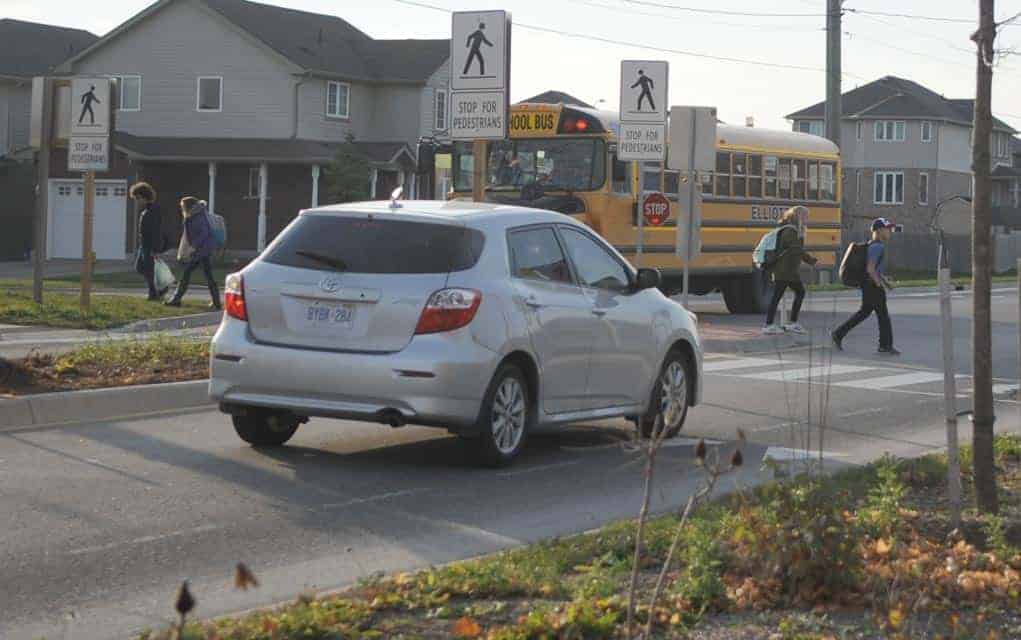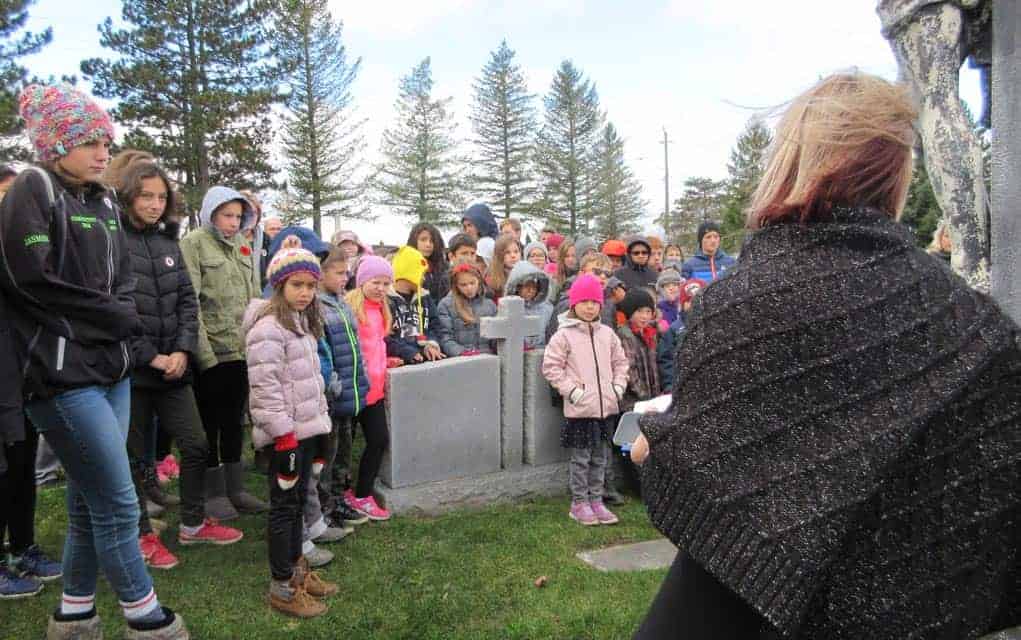The cost of buying a new home everywhere in Waterloo Region will rise substantially under a plan to be recommended next week to a committee of regional council. New development-related charges for transit and waste management would add $3,188 and $255 respectively to the construction cost of each new single-family home.
The extra expenses would come with no additional service levels, but rather pay for mounting costs for both regional services. In the case of the townships, the transit fees aimed largely at runaway costs for light rail transit would come with no benefit to homebuyers.
Currently, there are no development charges for waste management, so the $255 fee is new across the board. For transit, homes built in Waterloo, Kitchener and Cambridge come with a $794 surcharge, with the new rate quadrupling that. Homes built in the townships don’t pay development charges for transit. Woolwich is the only area outside of the cities currently paying for the operation of Grand River Transit, with a township-wide levy being applied to cover the cost of route 21 between Elmira and Waterloo.
During the consultation stage, all of the rural municipalities favoured the status quo in setting development charges for transit, with the region initially suggesting two other options: a lowered rate for the townships or a universal fee.
“There was a broad range of views on area-rating for transit from stakeholders. Township councils all expressed a preference for the ‘cities only’ approach, while the three city councils support the region-wide or differentiated models,” reads a report to be discussed Nov. 22 by the administration and finance committee.
Perhaps not surprisingly, the staff report opts for the maximum amounts applied to the maximum number of people, suggesting failing to do so would mean higher property taxes or deferral of works projects.
“If the maximum allowable development charge rate is not imposed and collected, property tax-supported budgets must fund the foregone revenues and/or capital projects must be deferred,” it reads, making no mention of reducing expenditures, either on the operating or capital side to reduce costs and tax burdens.
The staff report also calls for cutting off further public consultation, which has generally been out of sync with what the region is proposing.
For non-residential development, the current transit development charge rate of $0.44 per square foot in the cities (not applied in the townships) will become $1.34 across the region. For waste management, the rate would be $0.01 per square foot where today no such fee is collected anywhere in the municipality.
Development charges are assessed against land development projects to help cover the cost of capital infrastructure necessary due to growth. Regulated by the province, development charges are established by a formula dividing forecasted capital costs by the projected population growth. Eligible costs include long-term expenses for such things as indoor and outdoor recreation services, administration, road construction, public works, fire protection and water services.
The fees are intended to cover future municipal expenditures related to growth, with the developers – ultimately the buyers, of course – paying for the cost of each new addition to the building stock.









